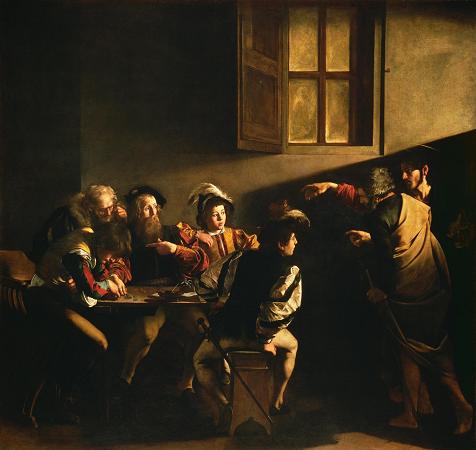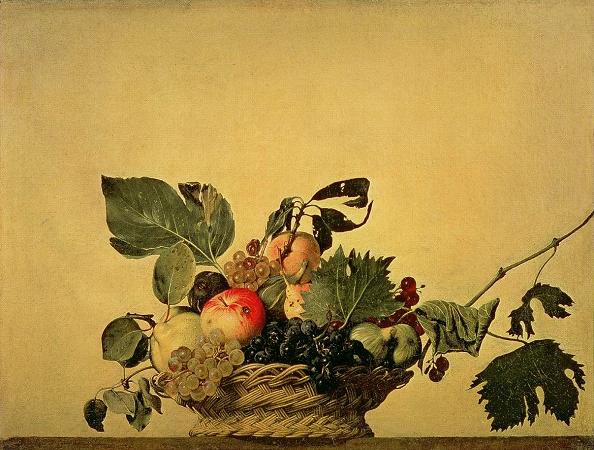Federico Borromeo (1564 - 1631). Federico Borromeo was an Italian cardinal and Archbishop of Milan. Federico Borromeo was born in Milan as the second son of Giulio Cesare Borromeo, Count of Arona, and Margherita Trivulzio. The family was influential in both the secular and ecclesiastical spheres and Federico was cousin of Saint Charles Borromeo, the latter previous Archbishop of Milan and a leading figure during the Counter-Reformation. He studied in Bologna with Cardinal Gabriele Paleotti and in 1580, at the age of 16, he asked to become a Jesuit. His cousin Charles Borromeo dissuaded him and sent him to the Collegio Borromeo of Pavia where he remained five years. In May 1585 he earned a doctorate in theology at the University of Pavia. Following the death of his cousin Charles, he was sent to Rome for higher studies, where he was strongly influenced by Philip Neri, Caesar Baronius and Robert Bellarmine. Federico Borromeo was created cardinal by Pope Sixtus V on 18 December 1587, at the age of only 23 years. As cardinal, he participated in the papal conclaves of 1590, 1591, 1592, 1605 and 1623. His attendance in the first conclave of 1590 at the age of 26 made him one of the youngest Cardinals to participate in the election of a pontiff. In Rome, Federico was not particularly interested in political issues, but he focused on scholarship and prayer. He collaborated on the issuing of the Sixto-Clementine Vulgate and to the publication of the acts of the Council of Trent. On 24 April 1595 Pope Clement VIII appointed Federico Archbishop of Milan, and consecrated him bishop on 11 June 1595 in Rome. He followed the example of his elder cousin in promoting the discipline of the clergy, founding churches and colleges at his own expense, and applying everywhere the reformed principles set by the Council of Trent. In 1609 he founded the Biblioteca Ambrosiana, a college of writers, a seminary of savants, a school of fine arts, and, after the Bodleian at Oxford, the first genuinely public library in Europe. Borromeo had the famous Saint Charles Borromeo statue erected in Arona, supported the development of the Sacro Monte of Varese, and participated in the embellishment of the Duomo di Milano where he is buried. One of Saint Bartholomew, Brugherio's most notable events was to the Papal recognition of a portion of the relics of the three Magi, believed to have been transferred in Cologne by Borromeo on 27 May 1613. these were transferred from saint Ambrogio's church, while under the supervision of the parish priest Francesco Bernardino Paleario. He is most notable for his efforts to feed the poor of Milan during the great famine of 1627-1628. He took part in eight Papal conclaves. Federico Borromeo died in Milan on 21 September 1631 at the age of 67. Federico Borromeo composed some 71 printed and 46 manuscript books written mostly in Latin that treat of various ecclesiastical sciences.
more...








